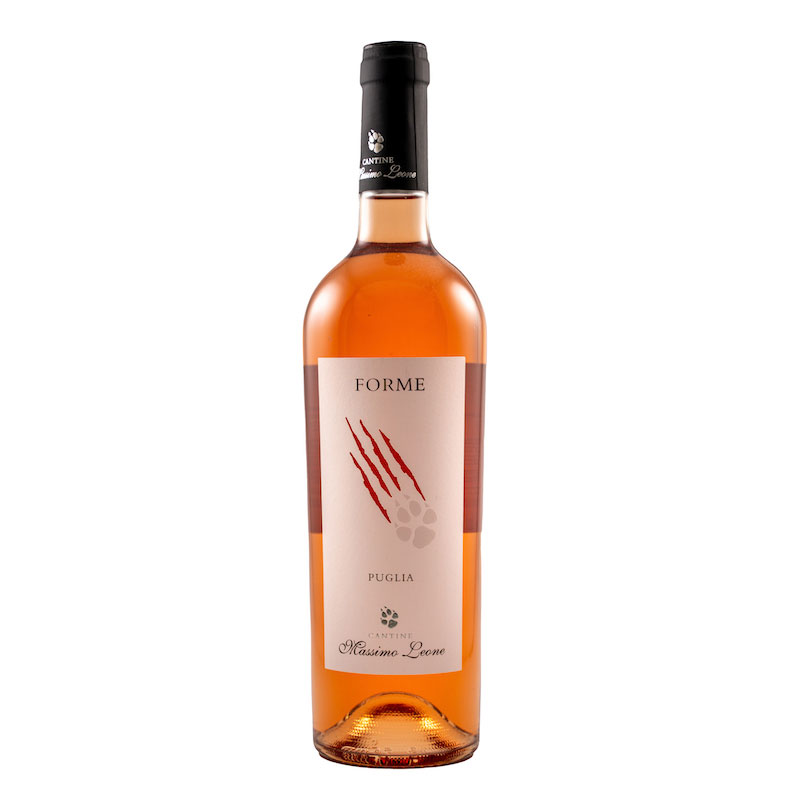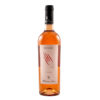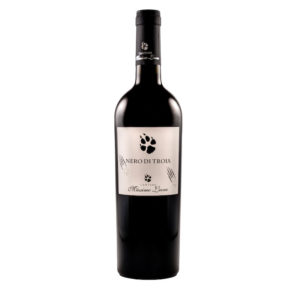| Region | Puglia |
|---|---|
| Grape Variety | Nero di Troia |
| Producer | Massimo Leone |
| Certification | Sustainable |
Rosè Puglia 2023- Massimo Leone
£13.90
Dry and fruity rosato wine from the northern part of Puglia. Gentle strawberry and raspberry notes on the nose and complemented with a crisp mouthfeel and long finish.
Did you know: Mainly known for its great red wines, the Nero di Troia grape can also produce some amazing rosè wines. You need to try this one!
Out of stock
Colour
FLAVOURS
Palate
Sweetness
Acidity
Body
Abv
Serve At
Food Pairing
massimo leone
The Winery started its activity in 2007 with the desire of a farmer to revive and protect the ancient connection between history and land. The Winery lies in the centre of “Tavoliere delle Puglie” where, in ancient times, a town named “Arpi” was founded by Diomede the king of Etolia. Arpi was a rich and prosper town dating back to the third millennium B.C., one of the most important cities of Magna Gracie. Many evidences were found in this area, the most important of which is the “Ipogeo of Ganimede”, very close to the winery. This is the reason why they chose to plant native grape varieties, and mark once again the road that the Greeks lined out thousands of years before. The Vines are planted on a light coloured and rocky soil on which the only vine training system you can use is the espalier. Their purpose is quality and in order to reach it they pay the highest care through an adequate irrigation, a careful pruning and rasping, and a low yield per hectare. The grapes are harvested manually when the perfect balance between sugars and acids is reached. The vines are located very closet o the cellar where Fiano, Falanghina, Bombino, Primitivo, Aglianico, Nero di Troia and Montepulciano are cultivated.
With regard to the methods of cultivation, Cantine Massimo Leone does not use insecticides and rely solely on the traditional use of sulphur and copper which strongly discourage the presence of mildew and powdery mildew thanks to the ideal climatic conditions in Puglia. As fertilizer and for nitrogen fixation they plant fava beans in their vineyards. The use of field beans, as fertilizer goes back to the Treaties on agriculture of the ancient Roman Empire. Is an efficient and natural way to fertilize the field and significantly increases the availability of nutrients in the soil improves its physical structure.




